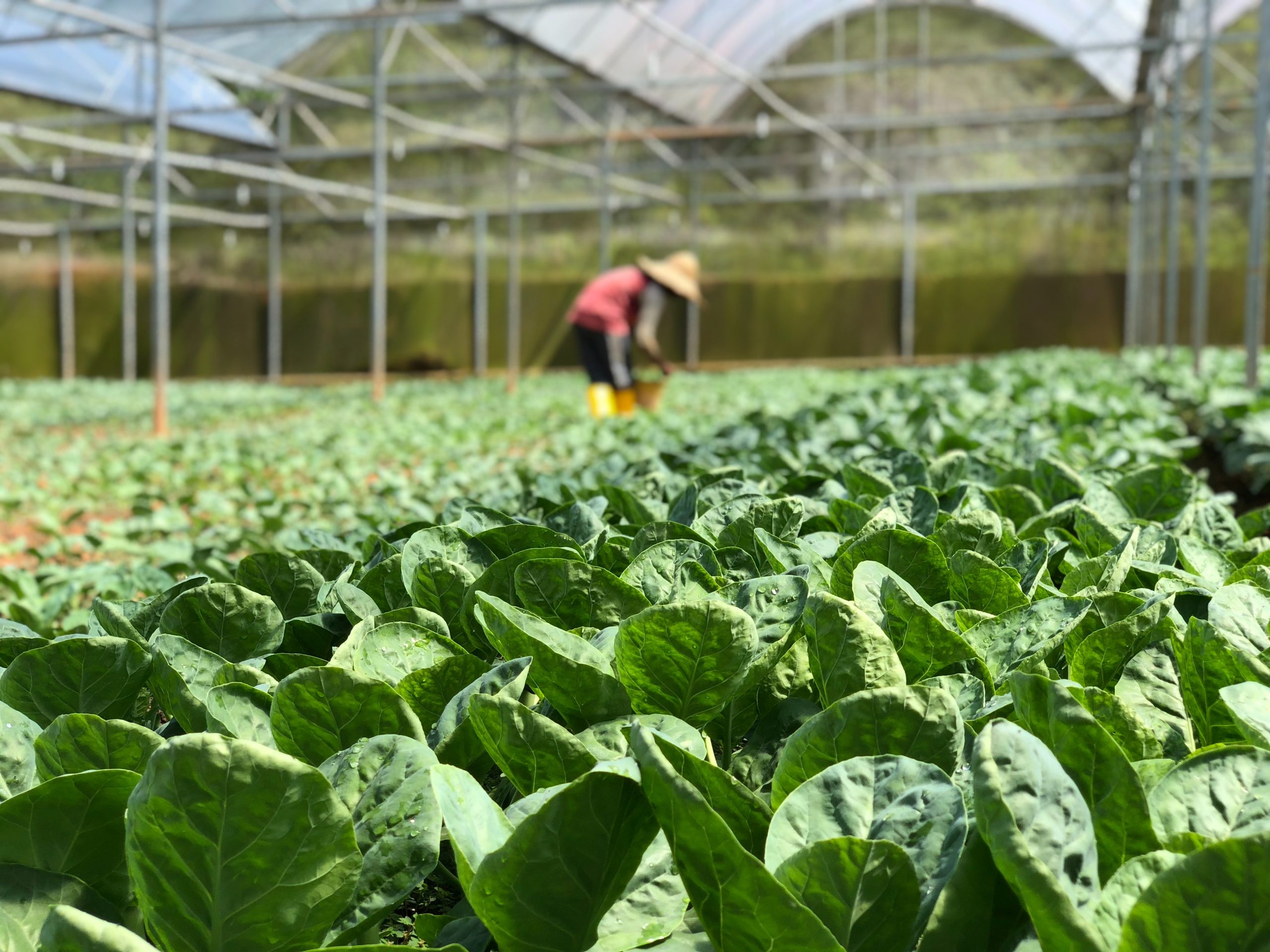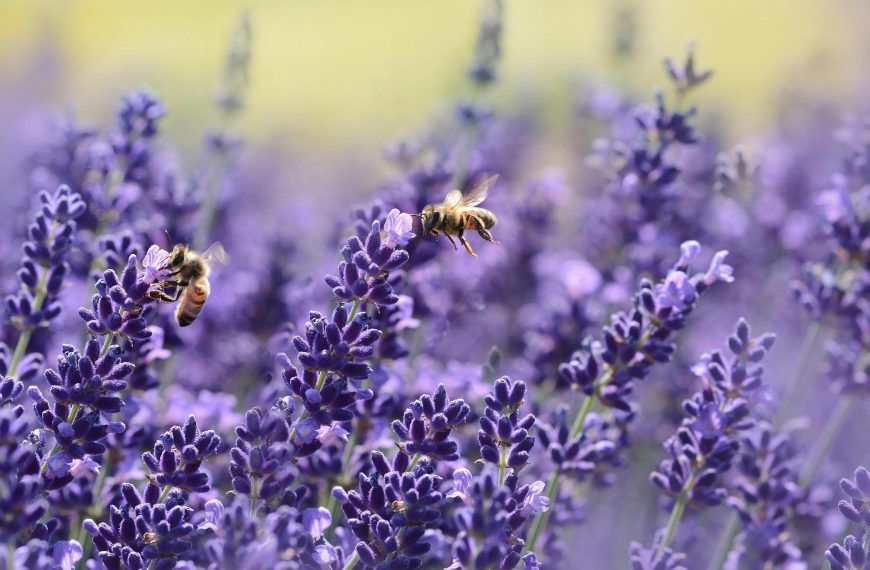In today’s world, where environmental awareness is rapidly growing, the concept of organic living has garnered significant attention. Central to this lifestyle is the reduction of pesticide usage, a practice that not only safeguards consumer well-being but also fosters ecological balance, preserving the intricate web of life on our planet. This article delves into the profound significance of pesticide reduction in daily living, exploring its multifaceted advantages, the challenges it poses, and practical steps that individuals and communities can take to embrace this vital approach.
The Importance of Reducing Pesticides
Pesticides, despite their intended purpose of protecting crops from pests and diseases, can have far-reaching consequences for both human health and the environment. These chemical compounds often linger in the soil, contaminate water sources, and even infiltrate the food chain. Prolonged exposure to pesticides has been linked to various health issues, including disorders, cancer, and neurological problems. Furthermore, pesticides degrade soil quality, pollute water bodies, and harm non-target species, leading to disruptions within delicate ecosystems.
Advantages of Reducing Pesticides
- Promoting Human Health: Organic living places a strong emphasis on consuming foods produced without synthetic pesticides. By opting for such products, individuals can significantly minimize their exposure to harmful chemicals, thereby improving their overall health and reducing the risks associated with pesticide-related health problems.
- Preserving Ecosystems: The reduction of pesticide usage contributes to the preservation of biodiversity by safeguarding natural predators of pests. This, in turn, helps maintain ecological balance, reducing the need for interventions that disrupt the intricate relationships between species.
- Promoting Soil Health: Organic farming practices prioritize soil well-being by avoiding chemicals that degrade its quality. This results in nutrient-rich soil that supports robust plant growth and resilience.
- Conserving Water: Embracing organic farming practices aids in preventing water contamination by reducing pesticide usage. This not only safeguards aquatic life but also preserves the integrity of our precious water resources.
- Encouraging Sustainable Agriculture: Pesticide reduction is a cornerstone of sustainable agriculture. By nurturing soils and ecosystems, organic living ensures that agricultural practices can feed future generations without depleting vital resources.
Challenges in Reducing Pesticide Usage
While the benefits of minimizing pesticide usage are evident, several challenges must be addressed to make organic living a widespread practice:
- Concerns about Yield: One common consideration revolves around whether organic farming can achieve yields comparable to conventional methods. Research in farming systems has demonstrated that, over time, with proper soil management practices, organic farms can achieve comparable or even higher yields.
- Transition Period: The transition from conventional to organic farming methods requires time and effort. Farmers need to adapt to new practices, gain knowledge about pest management techniques, and often invest in alternative solutions to replace chemical inputs.
- Pest Management: Organic farmers rely on integrated pest management (IPM) techniques, incorporating predators, crop rotation, and other non-chemical approaches. Mastering these techniques requires understanding and experience.
- Market Accessibility: The pricing of organic products can sometimes be higher due to increased labor and expertise involved in their production. This can limit access for consumers with lower incomes.
Steps Towards Pesticide Reduction in Organic Living
- Consumer Awareness: Educating consumers about the benefits of organic products and the potential risks of pesticide-laden produce is crucial. Informed choices by consumers can drive demand for pesticide-free options and encourage more farmers to adopt organic practices.
- Supporting Farmers: Governments and organizations can provide incentives such as grants and training programs to support farmers during their transition to organic farming. These initiatives aim to alleviate some of the challenges associated with this transition.
- Innovation: Investing in research focused on farming methods, pest-resistant crop varieties, and sustainable agricultural practices can drive the development of alternatives to synthetic pesticides.
- Community Engagement: Local communities can establish farmers’ markets, community-supported agriculture (CSA) programs, and organic food cooperatives as means to connect consumers with producers and promote organic products.
- Advocacy for Policy Change: Advocating for stricter regulations regarding pesticide usage and promoting the adoption of organic farming can create a supportive environment for reducing pesticide reliance.
Reducing pesticide usage lies at the heart of embracing an organic lifestyle. This choice not only aligns with preserving our environment but also prioritizes individual and collective well-being. By adopting these practices, individuals contribute to nurturing our planet, safeguarding their health, and supporting sustainable agriculture. Despite the challenges that may arise, the numerous benefits of pesticide reduction significantly outweigh them. Thus, reducing pesticide usage becomes a critical step toward achieving a harmonious and sustainable coexistence with nature. Through conscious effort and mindful choices, we lay the foundation for a healthier future for generations to come.









